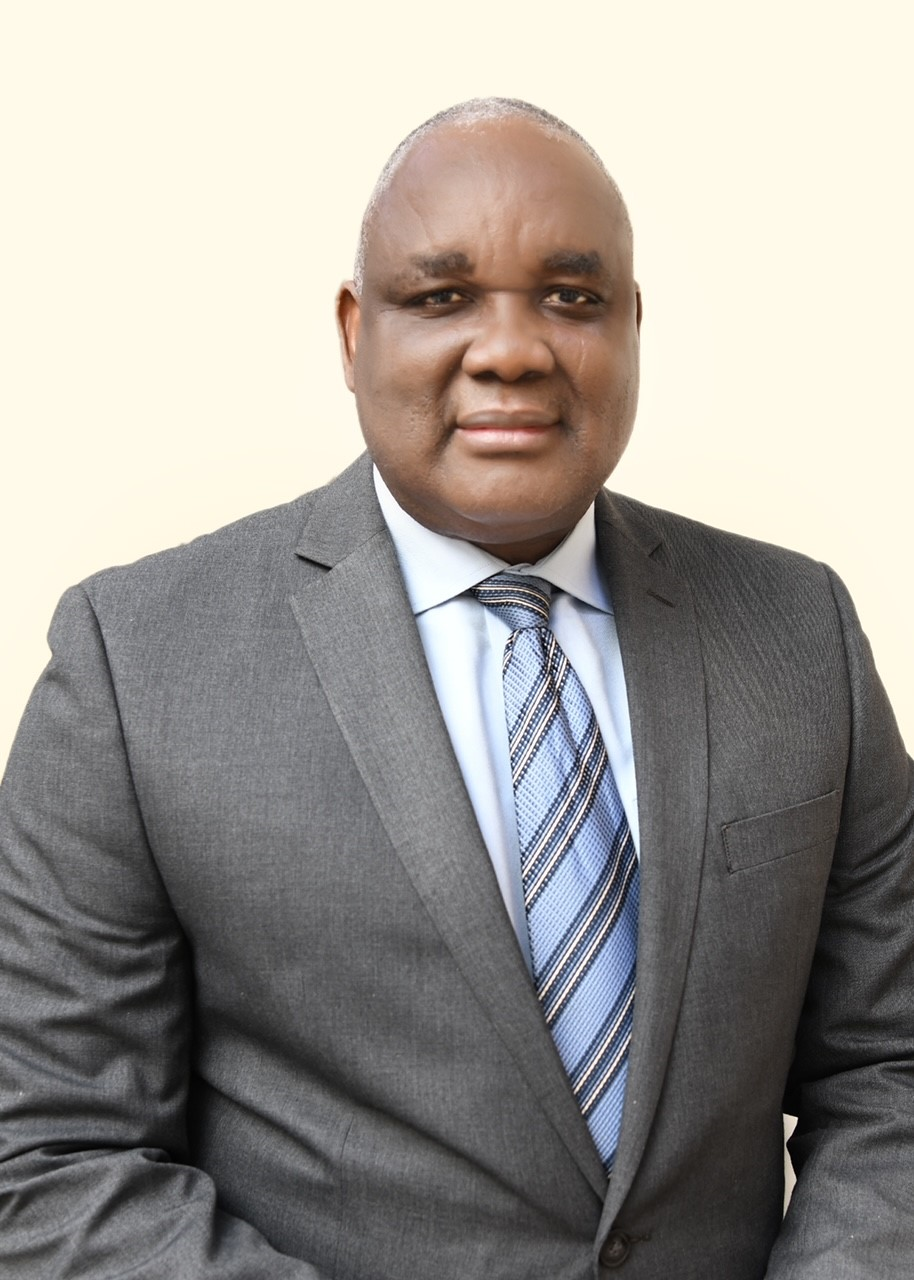The Nigerian Communications Commission (NCC) has disclosed that it has created over 1,200 for Nigerian youths in its 27 Emergency Communication Centres (ECCs) located across the geopolitical zones of the country.
The commission, in a statement issued by its Director, Public Affairs Department, Reuben Muoka, also promised that more youths and professionals would be employed when its centres now under different stages of completion become fully operational by 2024.
The Director stated that beyond providing essential emergency response services to the Nigerian public, the ECCs were also offering informal business activities to the citizens across the Country.
According to him, the ECCs are reachable on Toll-Free Number 112, and are operating in similar design like the 911 Emergency Numbers in some developed parts of the world, to provide succour to individuals, who are witnesses or under distress of emergency, arising from fire outbreaks, robbery or violent attacks, domestic and road accidents, health crisis, to instantly reach response agencies through the toll-free three (3) digit numbers, 112.
Muoka further clarified that four more centres were now undergoing test-runs to commence services in September 2023, to bring the total to 31, while another set of four would become operational before the end of the year.
This is even as he stated that it had been providing technology platforms such as Computer-Aided Dispatch (CAD) systems for the respective response agencies such as Police, Nigeria Security and Civil Defence Corps (NSCDC), Fire Service, Federal Road Safety Corp (FRSC), Nigerian Centre for Disease Control (NCDC), Ambulance Service, and State Emergency Management Agencies (SEMA) to facilitate the dispatch of emergency calls through the national emergency toll-free number 112.
The commission’s spokesman pointed out that the three-digit code was designed to ensure that citizens in emergency situations can easily recall the three-digit code, 112, to report emergency situations, adding that agents of the ECCs have been trained, and equipped with state-of-the-art communications equipment to enable respondents to easily identify location of incidents for effective and efficient delivery of rescue services to the public.
He expatiated: “As the ECCs assumes more crucial roles in providing emergency communications services to the citizenry, it is also providing additional socio-economic responsibility of providing job opportunities to the citizens as each of the centres have staff made up of Call agents, Facility/IT Staff, and Administrators.
“The basic salaries of the staff of ECCs have been carefully set by the Commission, to ensure that the jobs at the centres are attractive for the Nigerian youths, and other category of employees.
“The Centres are also managed by indigenous Nigerian consultants who are engaged to provide total facility and operational management of the centres”, the Director added.






